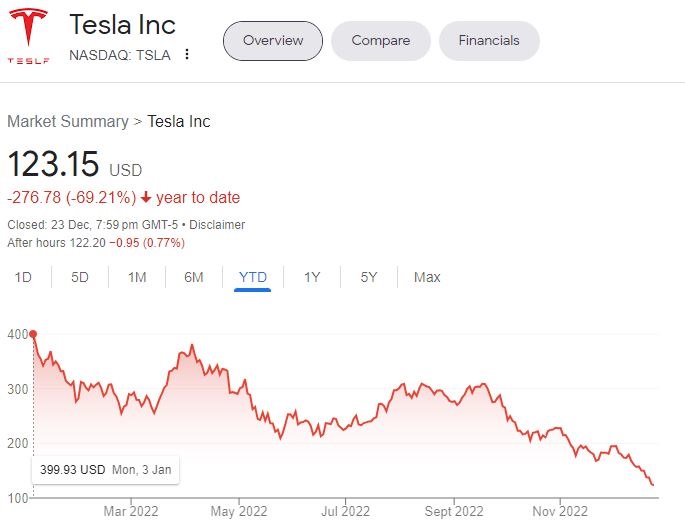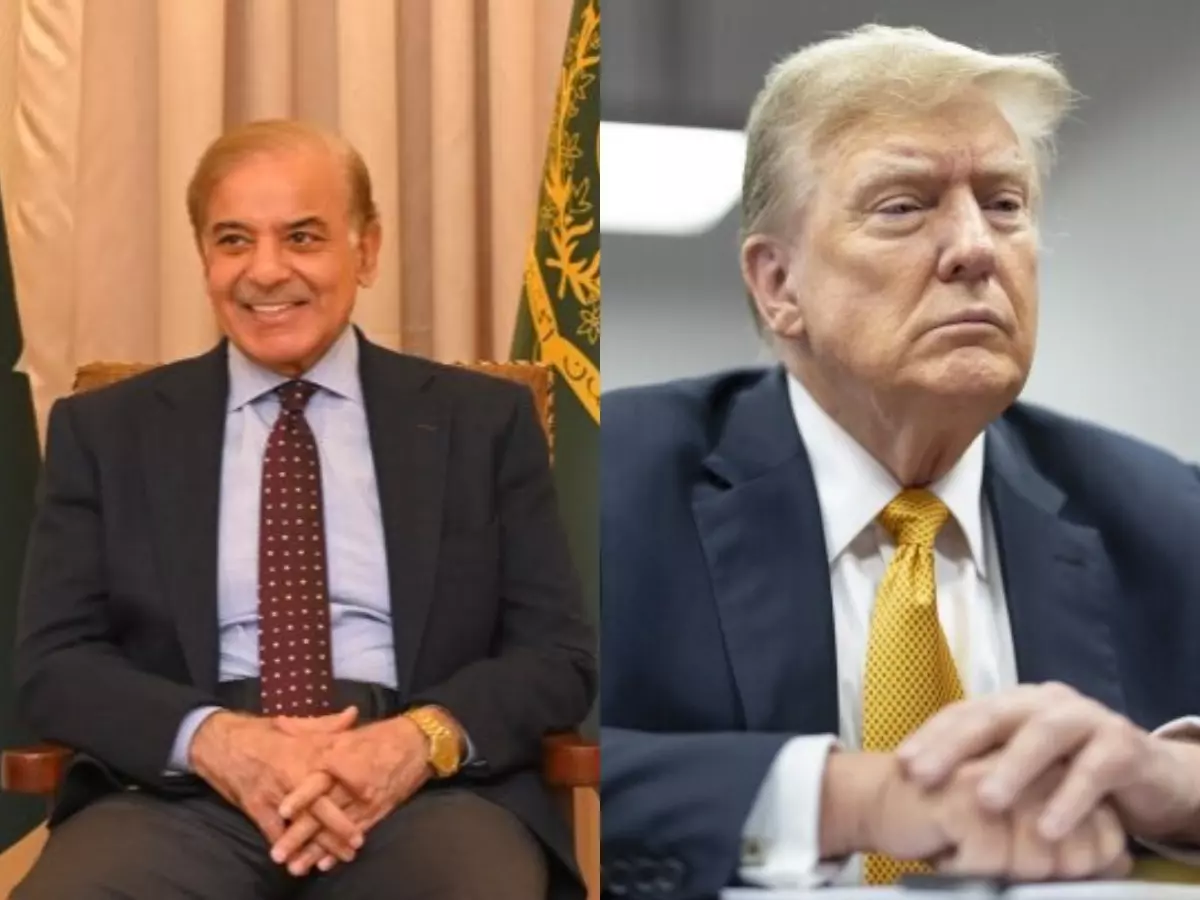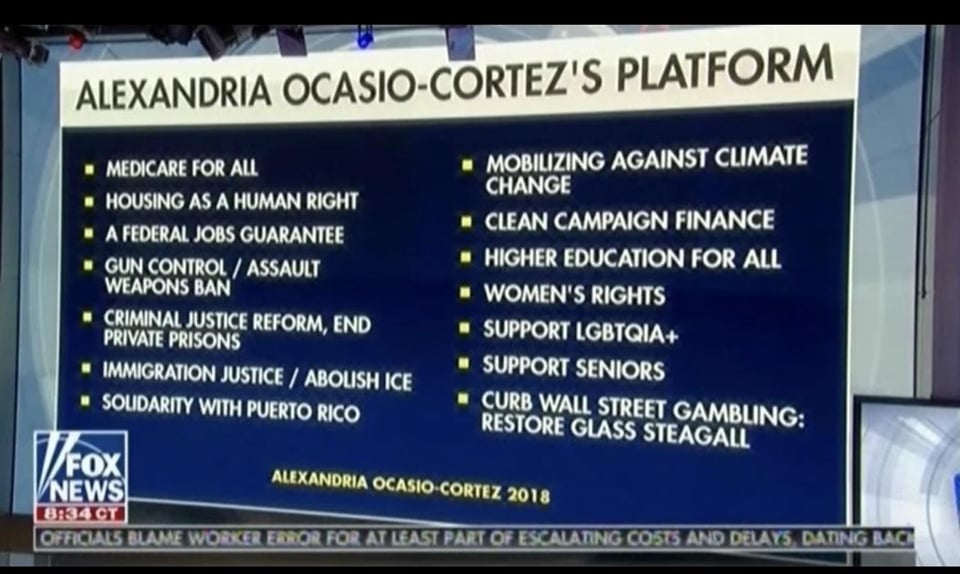Trump Unlikely To Remove Tariffs: Senator Warner's Assessment

Table of Contents
Senator Warner's Rationale: Why Trump's Tariffs are Here to Stay
Senator Warner's prediction that Trump is unlikely to remove tariffs rests on several interconnected factors, primarily political considerations, questionable economic justifications, and the complex implications for international relations.
Political Considerations:
- Political expediency: Removing tariffs could be perceived as a sign of weakness, potentially damaging Trump's image and the Republican party's standing with key voter demographics.
- Interest group pressure: Powerful industries that benefited – or believe they benefited – from the protectionist measures would likely oppose any significant tariff rollback. This opposition could include lobbying efforts and public campaigns against removal.
- Upcoming elections: With elections looming, reversing a signature policy like the tariff regime carries substantial political risks, potentially alienating voters who support the protectionist stance.
Economic Justification (or Lack Thereof):
Trump's initial justification for imposing tariffs centered on correcting trade imbalances and protecting American industries. However,
- Debatable efficacy: The economic impact of Trump's tariffs is a subject of intense debate. While some industries may have experienced short-term gains, others faced significant challenges due to increased input costs. Many economists argue the tariffs haven't achieved their stated goals.
- Alternative economic perspectives: Many economists argue that the tariffs have distorted markets, harming consumers and businesses alike, without sufficiently addressing the underlying trade issues. Studies showing negative impacts on economic growth and consumer welfare further challenge the economic rationale.
- Data contradicting the policy: Independent analysis frequently reveals that the benefits claimed by proponents are overstated, while the negative consequences for consumers and businesses are underreported.
International Relations Implications:
- Strained relations with trading partners: The imposition of tariffs has led to retaliatory measures from countries like China and the European Union, escalating trade tensions and harming global trade cooperation.
- Trade negotiations and tariffs: Tariff removal could be leveraged as a bargaining chip in future trade negotiations. Holding onto tariffs might be seen as a negotiating tactic to secure more favorable terms from other nations.
- Ongoing trade disputes: The existence of ongoing trade disputes with several countries makes a complete tariff reversal extremely complex and politically risky.
Impact of Persistent Tariffs on the US Economy
The continued presence of Trump's tariffs has demonstrably impacted the US economy in several significant ways.
Increased Prices for Consumers:
- Direct impact on consumer goods: Tariffs directly increase the price of imported goods, making a range of products more expensive for American consumers. This impact varies depending on the product and the tariff level.
- Examples of affected products: Examples include steel, aluminum, furniture, clothing, and electronic goods – all essential goods with price hikes potentially impacting lower-income families disproportionately.
- Quantifying the impact: Studies analyzing consumer price indexes and import costs can help quantify the extent of price increases attributed to tariffs.
Impact on Businesses:
- Increased input costs: Many US businesses rely on imported goods as inputs for their production processes. Tariffs increase these costs, squeezing profit margins and reducing competitiveness.
- Reduced competitiveness: Higher input costs make US businesses less competitive in both domestic and international markets, potentially impacting employment and economic output.
- Examples of struggling businesses: Numerous sectors, including manufacturing and agriculture, have cited tariffs as a significant contributing factor to their financial challenges. Case studies of specific companies affected can provide concrete evidence of the impact.
Global Trade Relations:
- Retaliatory tariffs and trade wars: The imposition of tariffs has sparked retaliatory measures from other countries, leading to trade wars that harm all participants.
- Implications for international cooperation: The strained relationships resulting from tariff disputes undermine international cooperation on broader economic and geopolitical issues.
- Disruption of global supply chains: Tariffs disrupt well-established global supply chains, increasing uncertainty for businesses and potentially leading to shortages and higher costs.
Alternative Perspectives and Future Outlook
While Senator Warner's assessment of Trump's unwillingness to remove tariffs carries considerable weight, it's important to acknowledge alternative perspectives. Some argue that a future administration might reassess the tariffs' impact and implement adjustments. However, completely removing tariffs would likely face considerable political and economic headwinds. Future scenarios could involve partial tariff rollbacks, renegotiation of trade agreements, or the continuation of the current policy under a new administration. The long-term consequences of maintaining these tariffs remain a subject of ongoing debate, with potential for lasting effects on trade relationships, economic growth, and international cooperation.
Conclusion: Trump's Unlikely Tariff Removal: What's Next?
Senator Warner's assessment, supported by analysis of political considerations, questionable economic justifications, and the complexities of international relations, paints a picture of "Trump Unlikely to Remove Tariffs" in the near future. The ongoing impact of these tariffs on the US and global economies remains significant, with potential for lasting effects on prices, business competitiveness, and international relations. To stay informed about the evolving dynamics of this critical policy area, it is crucial to remain updated on developments in trade policy. Further reading on related topics, including trade agreements, international relations, and economic policy, will help in comprehending the full impact of Trump's tariff policy and the ongoing debate regarding the removal of tariffs.

Featured Posts
-
 High Potential Season 2 Predicting The Fate Of Season 1s Most Underrated Character
May 09, 2025
High Potential Season 2 Predicting The Fate Of Season 1s Most Underrated Character
May 09, 2025 -
 Indian Stock Market Update Sensex And Niftys Positive Performance
May 09, 2025
Indian Stock Market Update Sensex And Niftys Positive Performance
May 09, 2025 -
 Short Sweet And Scary A Stephen King Show Perfect For A 5 Hour Binge
May 09, 2025
Short Sweet And Scary A Stephen King Show Perfect For A 5 Hour Binge
May 09, 2025 -
 Why Bitcoin Mining Activity Exploded This Week
May 09, 2025
Why Bitcoin Mining Activity Exploded This Week
May 09, 2025 -
 2025 Hurun Report Elon Musks Wealth Reduced Yet Top Spot Secured
May 09, 2025
2025 Hurun Report Elon Musks Wealth Reduced Yet Top Spot Secured
May 09, 2025
Latest Posts
-
 Jesse Watters Faces Backlash Hypocrisy Claims After Wife Cheating Joke
May 09, 2025
Jesse Watters Faces Backlash Hypocrisy Claims After Wife Cheating Joke
May 09, 2025 -
 The Aoc Fox News Trump Controversy A Breakdown
May 09, 2025
The Aoc Fox News Trump Controversy A Breakdown
May 09, 2025 -
 Jessica Tarlov Critiques Jeanine Pirros Pro Trade War Stance On Canada
May 09, 2025
Jessica Tarlov Critiques Jeanine Pirros Pro Trade War Stance On Canada
May 09, 2025 -
 Fox News Host Faces Aocs Criticism Over Trump Support
May 09, 2025
Fox News Host Faces Aocs Criticism Over Trump Support
May 09, 2025 -
 Fox News Judge Jeanine Pirro Intimate Reflections On Life Fears And Love
May 09, 2025
Fox News Judge Jeanine Pirro Intimate Reflections On Life Fears And Love
May 09, 2025
